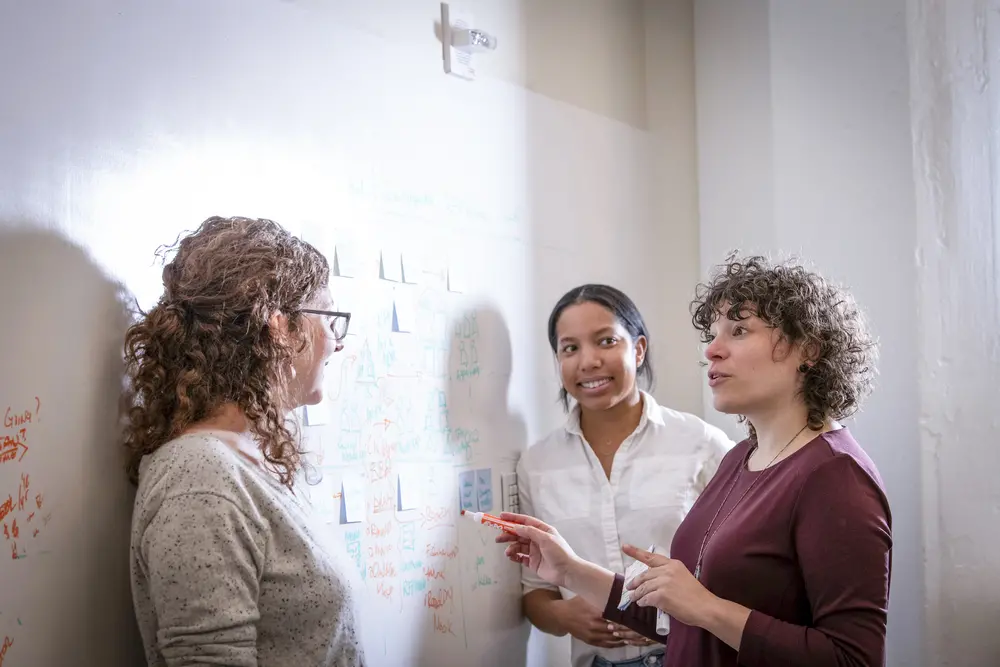Biomedical Engineering
Here, the healers and the menders learn to build the future of human health.

"Not only are all the students talented and passionate, but they are all unique individuals that are welcoming and kind."
College of Engineering
Biomedical Engineering
If you’re the curious and caring kind, a we-can-make-something-to-fix-that tinkerer, this is the place for you. In our undergraduate Biomedical Engineering program, you’ll discover how engineering principles can be applied to living systems and how to improve human health by developing advanced medical devices and systems. We believe that a top biomedical engineer must be deeply trained in both a traditional engineering practice and the biomedical sciences. You can complete your Biomedical Engineering additional major alongside a major in a traditional engineering discipline in four years.
Class of 2022, Six Months After Graduation
92%
Employed or in Grad School
$80,660
Average Salary
Recent Employers
Deloitte
Apple
Johnson & Johnson
Merck
High School Course Requirements
*Four years of mathematics should include at least algebra, geometry, trigonometry, analytic geometry, elementary functions (pre-calculus) and preferably calculus. Advanced mathematics courses are encouraged, especially a course in calculus.

Mix It Up
You’re not just one thing. You’re a scientist. An artist. A technologist. A maker. A writer. Carnegie Mellon has been mixing it up for decades, and whatever you want to pursue, we’ve got the right mix for you.